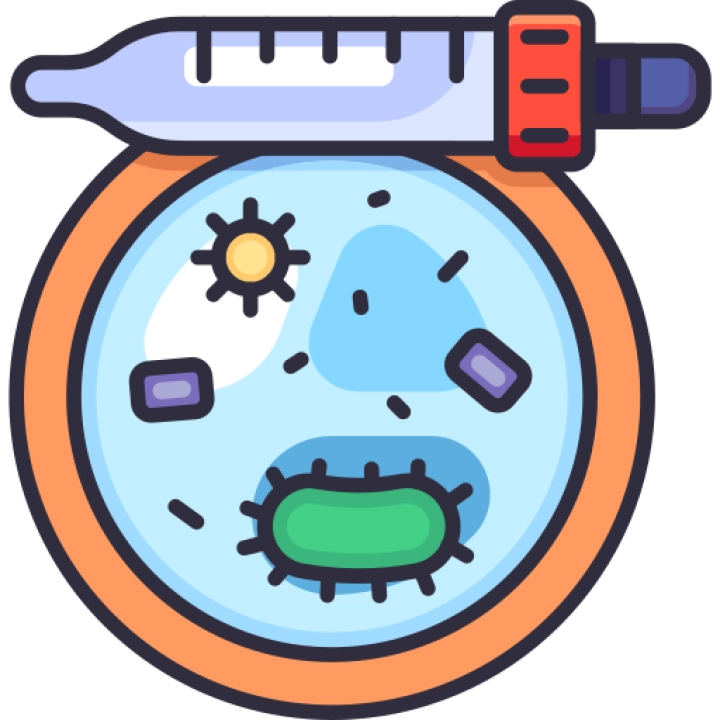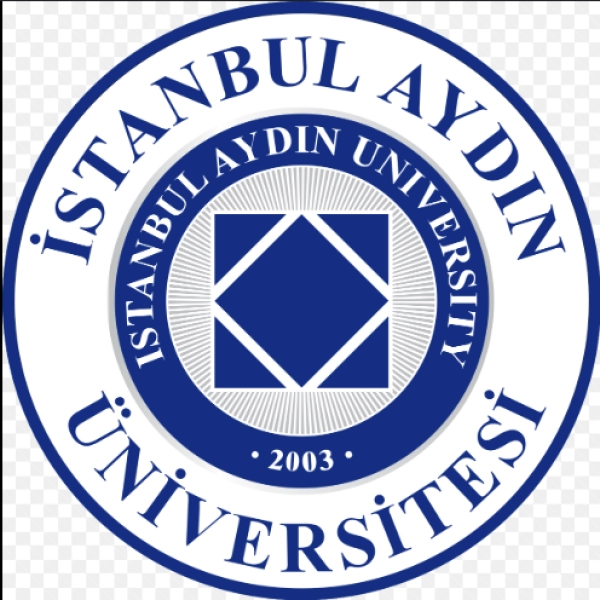College: Health Programs
This program focuses on the study of microorganisms that affect human health, including bacteria, viruses, fungi, and parasites. Students will explore topics such as pathogenicity, immunology, diagnostic techniques, and antimicrobial resistance. The program integrates theoretical knowledge with laboratory skills to prepare students for careers in clinical microbiology, public health, research, and infectious disease control.
Learning Objectives:
- Understand the role of microorganisms in human health and disease.
- Develop skills in identifying and describing pathogens.
- Learn techniques for diagnosing and treating infectious diseases.
- Explore principles of immunology and host-pathogen interactions.
- Analyze mechanisms of antimicrobial resistance and strategies to combat them.
- Develop critical thinking and problem-solving skills to address contemporary microbiological challenges.
Main Curriculum:
- Introduction to Medical Microbiology - Overview of microorganisms, their classification, and impact on human health.
- Bacteriology - Study of bacterial pathogens, virulence factors, and diagnostic methods.
- Virology - Examination of viral pathogens, replication cycles, and antiviral therapies.
- Mycology and Parasitology - Study of fungal and parasitic infections, their life cycles, and treatment options.
- Immunology - Principles of the immune system, immune responses, and vaccine development.
- Diagnostic Microbiology - Techniques for isolating, identifying, and testing microorganisms in clinical samples.
- Antimicrobial Resistance - Mechanisms of resistance and strategies for preventing and managing resistant infections.
- Emerging Trends in Medical Microbiology - Impact of new technologies, such as genomics and molecular diagnostics, on the field.
Assessment Methods:
- Laboratory experiments and diagnostic simulations.
- Written assignments and research papers.
- Presentations on microbiological findings and case studies.
- Participation in group discussions on contemporary issues.
Recommended Textbooks:
- "Medical Microbiology" by Patrick R. Murray, Ken S. Rosenthal, and Michael A. Pfaller.
- "Schaechter's Medical Microbiology" by Kenneth J. Ryan and C. George Ray.
- "Clinical Microbiology Made Ridiculously Simple" by Mark Gladwin and William Trattler.
Prerequisites:
Basic knowledge of biology, chemistry, and microbiology.
Duration:
Four years, combining lectures, laboratory work, and research projects.
Certification:
Degree in Medical Microbiology, according to the program.
Target Audience:
Undergraduate and graduate students in microbiology or biomedical sciences, and professionals seeking to enhance their skills.
This specialty program prepares students to understand and combat infectious diseases, leveraging theoretical knowledge, laboratory skills, and emerging trends to improve public health and clinical outcomes.



